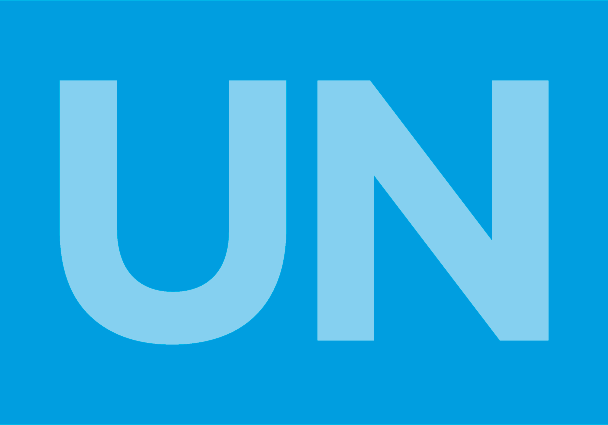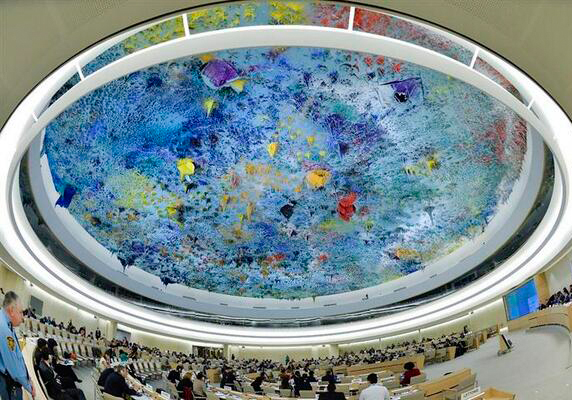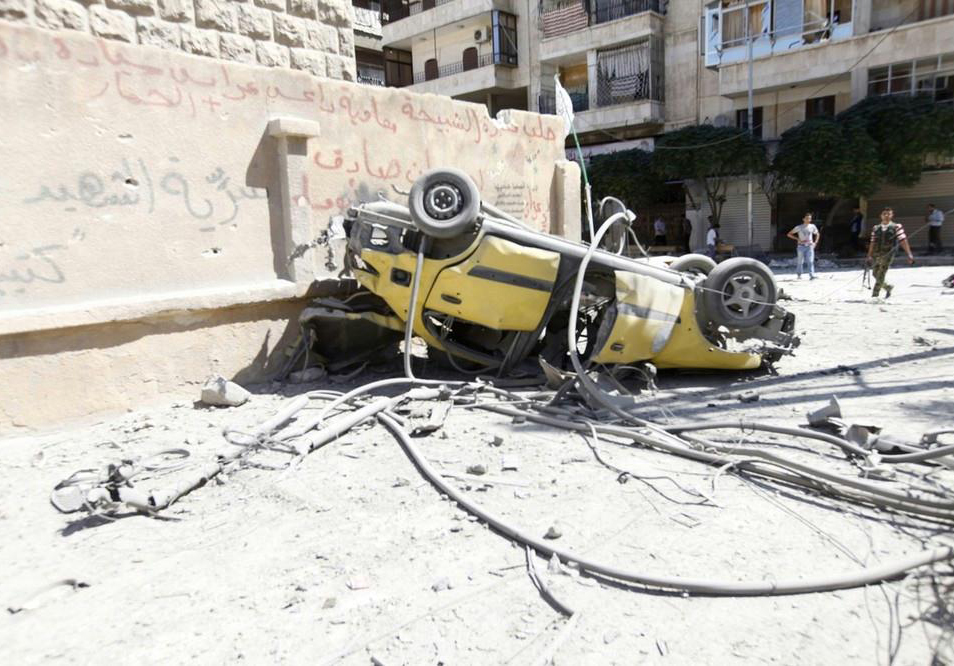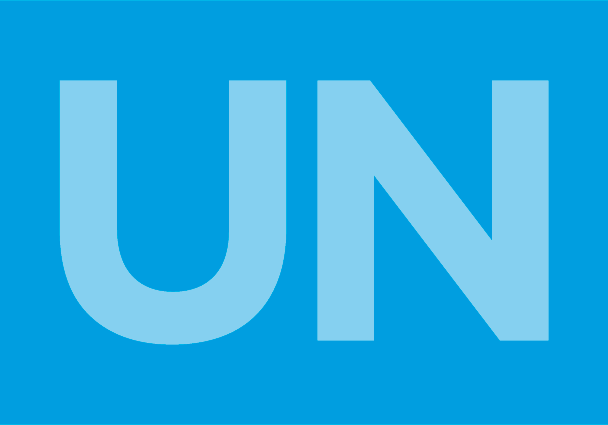
Jun 21, 2012 | Advocacy, Non-legal submissions
 The ICJ statement draws attention to recent laws that threaten the right to freedom of expression of LGBT persons, noting examples that fail the tests of certainty, necessity and non-discrimination.
The ICJ statement draws attention to recent laws that threaten the right to freedom of expression of LGBT persons, noting examples that fail the tests of certainty, necessity and non-discrimination.

Jun 14, 2012 | Advocacy, Non-legal submissions
 The ICJ, together with 21 other nongovernmental organisations, today participated in the 19th Annual Meeting of the Human Rights Council Special Procedures.
The ICJ, together with 21 other nongovernmental organisations, today participated in the 19th Annual Meeting of the Human Rights Council Special Procedures.
Following up on a joint NGO statement from the 18th Annual Meeting of the Special Procedures in 2011, the group of NGOs welcomed recent positive developments and raised certain issues for particular attention and discussion regarding the work and functioning of the Special Procedures.
HRC-SpecialProcedures-NGOJointLetter-non-legal submission (2012) (download joint letter in PDF)
ICJ-SP-AM19-OralStatement-non-legal submission (2012) (download ICJ oral statement in PDF)

Jun 11, 2012 | Advocacy, Non-legal submissions
The ICJ, together with other NGOs, submitted four documents and oral statements to the 19th Annual Meeting of the Special Procedures of the Human Rights Council.
From 11 to 15 June 2012, the Special Procedures of the Human Rights Council will undertake its 19th Annual Meeting. On behalf of 22 non-governmental organisations, the ICJ addressed an open letter dated 1 June 2012 to the Coordination Committee of the Special Procedures. Building on a Joint Statement produced following the 18th Annual Meeting in 2011, the letter welcomes some positive developments and initiatives, and provides comments or suggestions for improvement on the following topics:
- the communications reports of the Special Procedures;
- the handling of urgent appeals and individual communications;
- non-cooperation by States;
- reprisals against persons who cooperate with the UN;
- the OHCHR compilation of UN information for the Universal Periodic Review;
- NGO briefings conducted in the margins of Human Rights Council sessions; and
- the Special Procedures “facts and figures”.
In an oral statement during the Annual Meeting, the ICJ also drew attention to the recently elaborated Maastricht Principles on Extraterritorial Obligations of States in the area of Economic, Social and Cultural Rights.

Jun 1, 2012 | Advocacy, Non-legal submissions
The statement was delivered today at the 19th Special Session of the UN Human Rights Council.
The International Commission of Jurists called on the Human Rights Council, as a matter of the utmost urgency, to request that the Security Council immediately refer the situation in Syria to the International Criminal Court (ICC) and to take concerted and united action with the General Assembly to end the ongoing massacres in Syria.
Syria-ICJ-Human Rights Council SS19-non legal submission-2012 (Full text in PDF)

Apr 19, 2012
In 2009, the UN High Commissioner for Human Rights initiated the “Dublin Process” to encourage all stakeholders in the treaty monitoring process to provide suggestions for strengthening of the treaty body system.
In November 2011, following a serious of national, regional and international consultations, a group of treaty body experts and other stakeholders convened to elaborate an outcome document, known as the Dublin II Statement (available below).
The International Commission of Jurists has endorsed a 15-point summary of Dublin II outcome document, prepared by Amnesty International (available below). The High Commissioner for Human Rights will in June 2012 publish a report compiling the various proposals made during the Dublin process.
Building on the Dublin Process, the General Assembly adopted resolution 66/254 in February 2012, through which an open-ended intergovernmental process has been initiated to conduct open, transparent and inclusive negotiations on how to strengthen and enhance the effective functioning of the treaty body system.
A group on non-governmental organizations that regularly contribute to the work of the treaty bodies, including the ICJ, have identified a list of seven issues and corresponding recommendations that in their view should be addressed in the inter-governmental process (available below)
Effective functioning system-position paper-2012 (full text in English, PDF)
Dublin II outcome document-publication-2012 (full text in English, PDF)
Dublin II document 15 points-publication-2012 (full text in English, PDF)

 The ICJ statement draws attention to recent laws that threaten the right to freedom of expression of LGBT persons, noting examples that fail the tests of certainty, necessity and non-discrimination.
The ICJ statement draws attention to recent laws that threaten the right to freedom of expression of LGBT persons, noting examples that fail the tests of certainty, necessity and non-discrimination.








